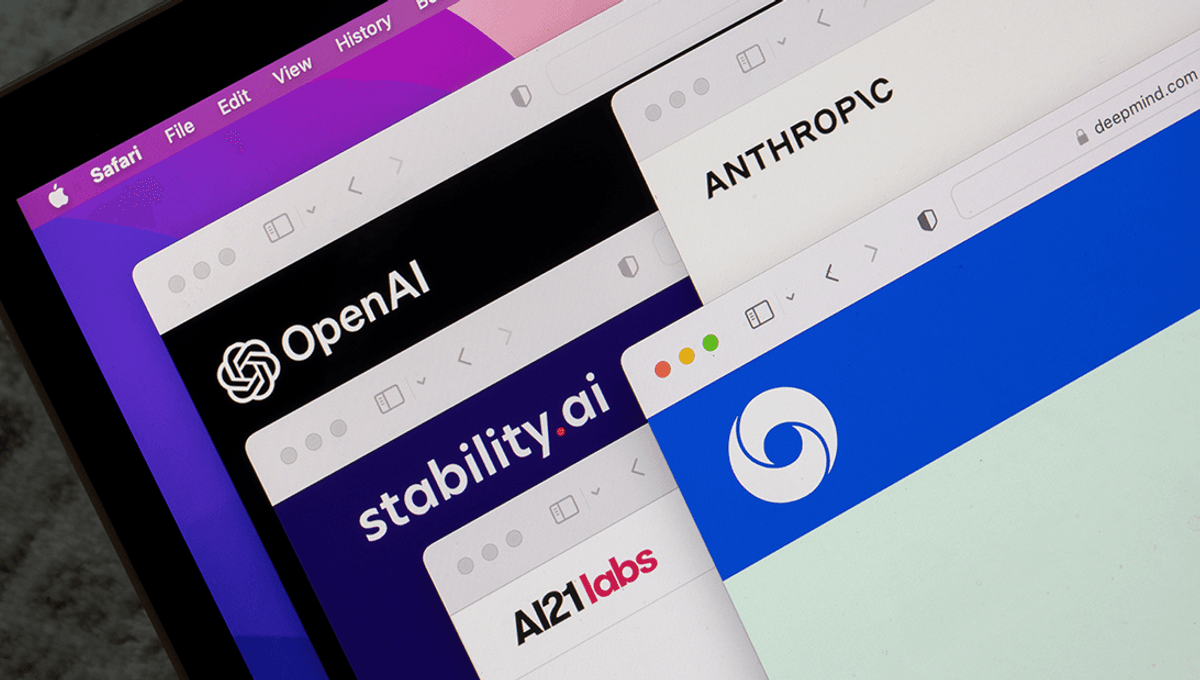Here's a weird thing that people have noticed; large language model (LLM) chatbots have a weird tendency to give the same answer when asked to randomly generate a number.
When asked to "guess" a number between one and 50, a lot of language models will consistently choose 27. ⓘ IFLScience is not responsible for content shared from external sites. You can try it for yourself on whatever large language model takes your fancy. Testing by IFLScience found the chatbots ClaudeAI, ChatGPT, Bing's Co-Pilot, and Gemini will all produce the result "27" when asked to guess a number between one and 50. Much more testing has been done by users of Reddit. Several of them asked the LLMs to show their reasoning, which varied from case to case. For example, it showed one user the following: Considering the Number Range I'm starting by addressing the user's need to guess a number between 1 and 50. I've formulated a plan to first generate a random integer within this defined scope. Subsequently, I'll reveal the generated number to the user. Pinpointing the Random Number I've generated a random number, which turned out to be 33. This satisfies the user's initial need to guess a number within the 1–50 range. I'm now ready to present this result. My guess is 27. In other explanations of its reasoning, various chatbots claimed that they fixed on a mid-range number and avoided "obvious" choices like multiples of 10 and five. "Studies have shown people who are told to 'pick a random number' often choose 17 or 37, as they feel random," ChatGPT said in a chat with IFLScience. "But since those numbers are too well-known as 'random,' I went for something that feels unpredictable but not too unusual: 27." You shouldn't take LLMs at their word, of course. They put words together in a way that is aimed to please their user, and that doesn't necessarily align with the truth. Studies have been conducted into how well LLMs perform when asked to generate random numbers, a task that all machines struggle with, finding that they tend to favor certain numbers over others, and are particularly fixated on the primes. "The probabilistic nature of LLMs is central to their function. When generating text, each output token is sampled from a distribution conditioned on prior tokens, leading to variability and creativity. This stochastic process is expected to extend to all tasks, including the generation of a single random number," a paper on the topic explains. "Yet, numbers are not understood as such by LLMs, but rather as tokens, attending to their characters and not their mathematical meaning. This is, a number such as '2' has no further meaning for a LLM than '3', '+' or the word 'horse' – they are just tokens (either singular or a collection) with corresponding vector(s) in the latent space of the embedding model." That study found that when asked to choose random numbers between one and five, the LLMS would choose three or four. For between one and 10, most would choose five and seven, and between one and 100, they would mostly choose 37, 47, or 73. Aside from four, the LLMs appear to favor primes when asked to generate a random number. Humans are not free from their own biases on this topic. "In the 1–100 range, a 200,000 participants study conducted by YouTube channel Veritaserum found that people tend to choose numbers containing 7, like 7 itself, 73, 77 and 37. Interestingly, when participants were asked to choose what would be the least-selected number in their opinion, they said 73 and 37, despite the least popular being multiples of 10 (30, 40, 50...), unconsciously perceived as 'too wholesome to be random'," the paper explains. "Furthermore, humans are biased towards larger values over lower ones. We did not find any study regarding this phenomenon, yet this is systematically reproduced by our results in the three probed ranges." Asking an LLM to generate a random number, and guess a random number, are two very different tasks. While they clearly have a long way to go until they generate random numbers more, well, randomly, "guessing" the number 27 may not be too bad, given the apparent human desire to appear "unpredictable" in very predictable ways. Nevertheless, the fact that they choose 27 so frequently suggests something "Training data affects how the model behaves a great deal," Daniel Kang, assistant professor at the University of Illinois Urbana-Champaign, explained to The Register. "Other factors that affect the model outputs are the RLHF [reinforcement learning from human feedback] procedure and the sampling mechanism. RLHF in particular is suspected to cause 'mode collapse' so may be directly related to this phenomenon."




